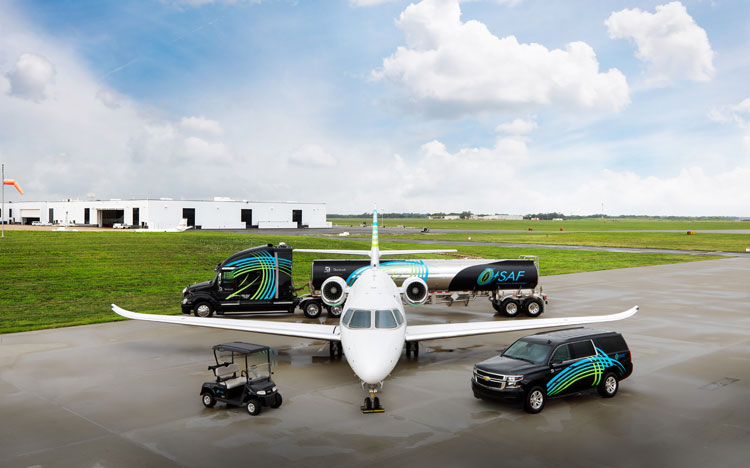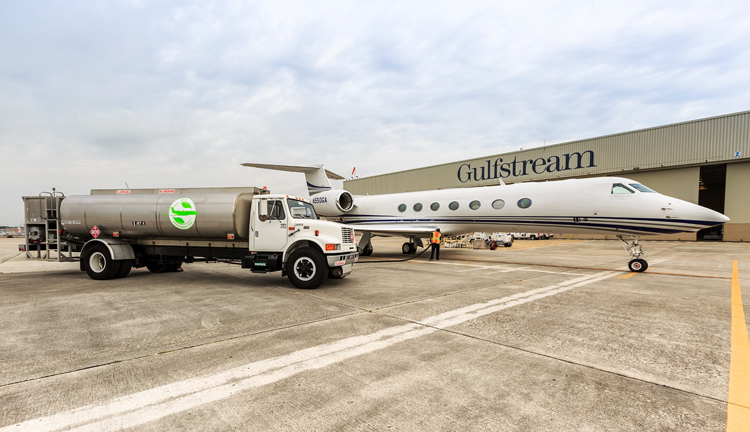INDIAN ARMED FORCES CHIEFS ON OUR RELENTLESS AND FOCUSED PUBLISHING EFFORTS

The insightful articles, inspiring narrations and analytical perspectives presented by the Editorial Team, establish an alluring connect with the reader. My compliments and best wishes to SP Guide Publications.

"Over the past 60 years, the growth of SP Guide Publications has mirrored the rising stature of Indian Navy. Its well-researched and informative magazines on Defence and Aerospace sector have served to shape an educated opinion of our military personnel, policy makers and the public alike. I wish SP's Publication team continued success, fair winds and following seas in all future endeavour!"

Since, its inception in 1964, SP Guide Publications has consistently demonstrated commitment to high-quality journalism in the aerospace and defence sectors, earning a well-deserved reputation as Asia's largest media house in this domain. I wish SP Guide Publications continued success in its pursuit of excellence.
- Indian Air Force Aims for Full Indigenous Inventory by 2047 — Air Chief Marshal A.P. Singh
- Rajnath Singh assumes charge as Defence Minister for the second consecutive term
- Interim Defence Budget 2024-25 — An Analysis
- Union Defence budget 2024
- Prime Minister Modi Flies in the LCA Tejas
- New Chapter in India-Italy Defence Ties
- Airpower beyond Boundaries
VBACE 2020
 DAY 2
DAY 2
Industry leaders initiate towards a sustainable future
While the industry is tackling the coronavirus crisis, the leaders are aware that the climate crisis is not to be ignored.

In September this year, at a first-of-its-kind Sustainable Aviation Fuels (SAF) summit, business aviation leaders committed to redouble efforts to nurture the large-scale production and widespread adoption of SAF. Sustainability has been one significant topic of discussion even as the industry moves ahead to adopt innovative practices. VBACE also took note of the importance that sustainability has and discussed as to what other practical steps the industry is taking to move toward its goal of improving fuel efficiency and minimizing its environmental footprint as operators, aircraft and engine manufacturers, and others came together during a session titled, Next Steps to Achieving Sustainability.
As business aviation leaders encounter COVID-19 crises, the industry is well aware of the climate crisis as well and continues to be at the forefront of making sustainability a top priority, with innovative and impactful products and technologies.
NBAA President and CEO Ed Bolen remarked, “The industry is engaging in multiple ways, including next-gen technologies, to make each plane, each flight and the ATC system more sustainable. We’ve raised awareness. Now, how do we allow demand to spur production, and production to spur demand or availability is to be ensured.”
Bolen spoke about leading during a crisis, along with Matteo Atti, Executive Vice President of Marketing and Innovation, VistaJet, and Mark Masluch, Director, Communications and Public Affairs, Bombardier Aviation.
NBAA President and CEO Ed Bolen remarked, “The industry is engaging in multiple ways, including next-gen technologies, to make each plane, each flight and the ATC system more sustainable. We’ve raised awareness. Now, how do we allow demand to spur production, and production to spur demand or availability is to be ensured.”
Talking about the steps taken by VistaJet, Atti highlighted that VistaJet has implemented various sustainability measures, including investing in artificial intelligence to choose the best route to curb fuel consumption, resulting in a 6-8% fuel reduction this summer. “I think the key is not sticking to one solution and thinking you’ve found the pot of gold at the end of it, but it’s constantly, every day, engaging with the right partners to give us an incremental improvement on everything we do,” he said.

While Masluch added that SAF is having a real-world impact on Bombardier’s existing fleet, whether in new or old aircraft. “We don’t have to wait for a green-technology miracle that will happen in aviation in the next 20, 30 years from a product-life-cycle perspective. We have real ways to affect change today, largely through SAF.”
While Masluch added that SAF is having a real-world impact on Bombardier’s existing fleet, whether in new or old aircraft. “We don’t have to wait for a green-technology miracle that will happen in aviation in the next 20, 30 years from a product-life-cycle perspective. We have real ways to affect change today, largely through SAF.”
The panelists discussed customers’ desire for more sustainable practices. Dan Hubbard, NBAA’s Senior Vice President of Communications, noted the increasing number of companies setting sustainability as a top objective, and these organizations want to know more about SAF, lighter aircraft composites, more fuel-efficient engines, and interiors with recyclable or renewable components. “I think what we’re going to continue to see is a growing interest in sustainability of business aviation flight because it’s increasingly a corporate aim,” Hubbard said.
Recently many companies included Gulfstream had initiated steps towards SAF. Gulfstream Aerospace Corporation announced the extension of its contract with World Fuel Services to continue providing the business-jet manufacturer with a steady supply of sustainable aviation fuel (SAF) produced by World Energy. Three more organisations from the sector, other than Gulfstream announced purchase agreements with SAF suppliers in September the summit was held. These companies were NetJets, VistaJet and Signature Flight Support.





